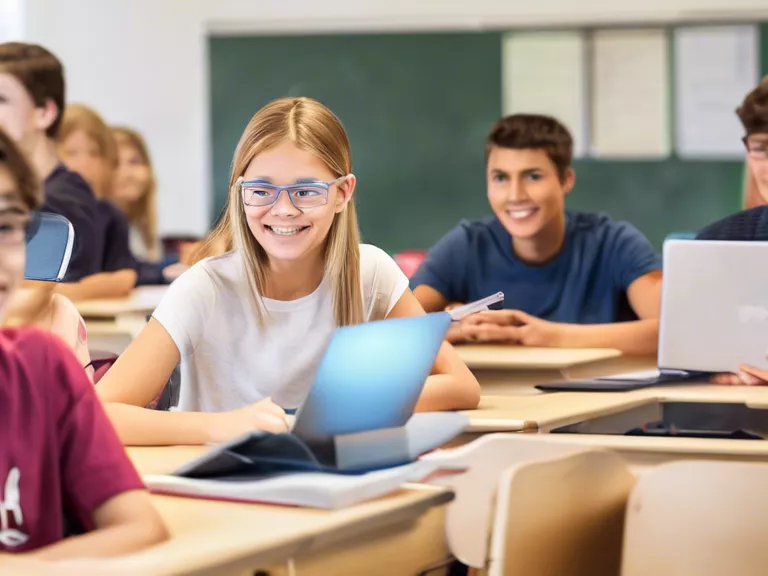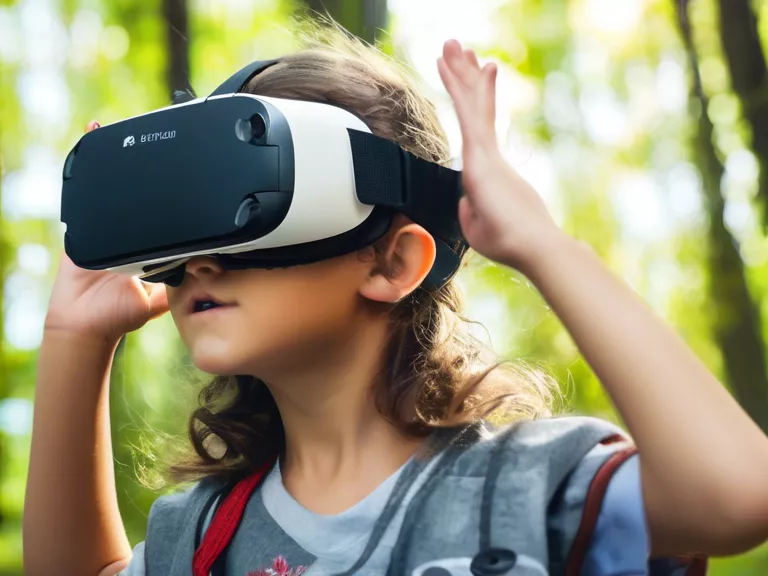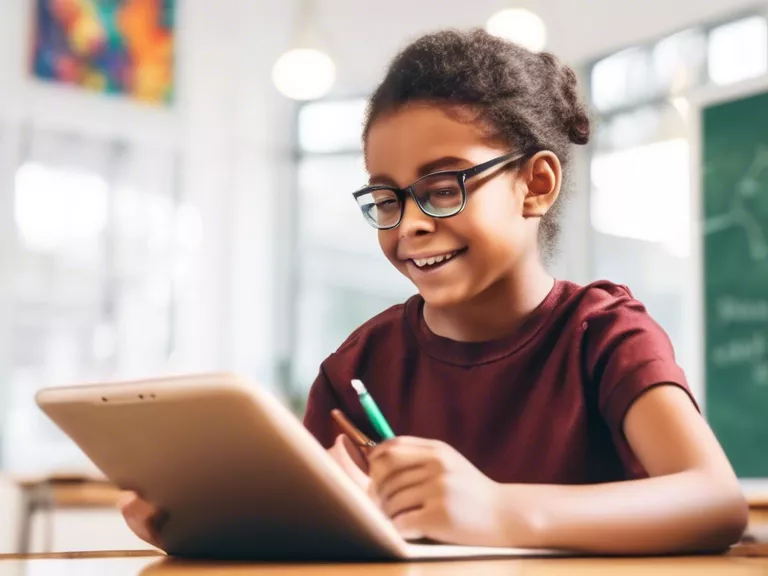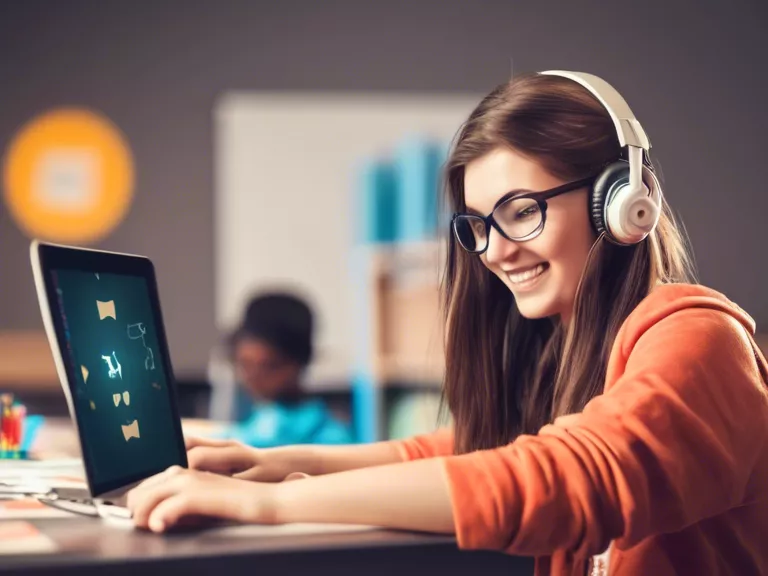
In recent years, the education sector has seen a shift towards hybrid learning, a blend of traditional classroom teaching and online learning experiences. This combination has proven to be effective in enhancing students' engagement and understanding of various concepts. As technology continues to advance, the future of hybrid learning looks promising, offering a more personalized and flexible approach to education.
One of the key benefits of hybrid learning is the ability to cater to different learning styles. While some students thrive in a classroom setting, others may prefer the convenience of online learning. Hybrid learning allows students to choose the mode of learning that works best for them, helping them to stay motivated and engaged in their studies.
Another advantage of hybrid learning is the flexibility it offers. With online resources available 24/7, students can access learning materials at their own convenience, making it easier to juggle their academic commitments with other responsibilities. This flexibility also allows educators to design lessons that are more interactive and engaging, incorporating multimedia elements and interactive activities to enhance the learning experience.
Furthermore, hybrid learning encourages collaboration and communication among students. Online platforms provide opportunities for students to work together on group projects, discuss ideas, and provide feedback to one another. This fosters a sense of community and teamwork, essential skills for success in the workplace.
As we look towards the future, the integration of artificial intelligence and virtual reality technologies in hybrid learning is expected to further revolutionize the education landscape. AI can provide personalized learning experiences by analyzing students' performance and tailoring lessons to their individual needs. VR, on the other hand, can create immersive learning environments, allowing students to explore new concepts in a more interactive and engaging way.
Overall, the future of hybrid learning holds great potential in providing a more interactive, engaging, and personalized educational experience for students. By combining the best of both worlds – classroom teaching and online learning – educators can create a supportive and dynamic learning environment that prepares students for success in an increasingly digital world.



